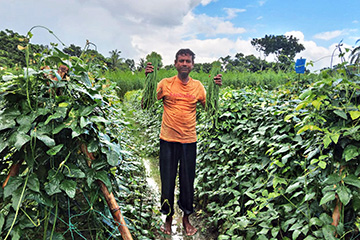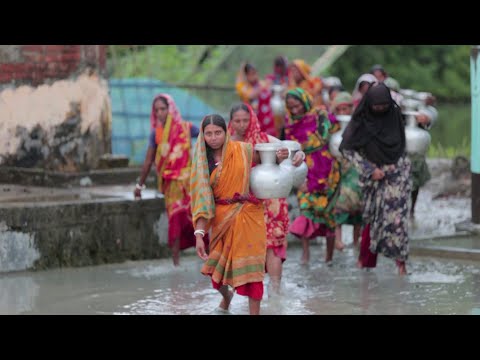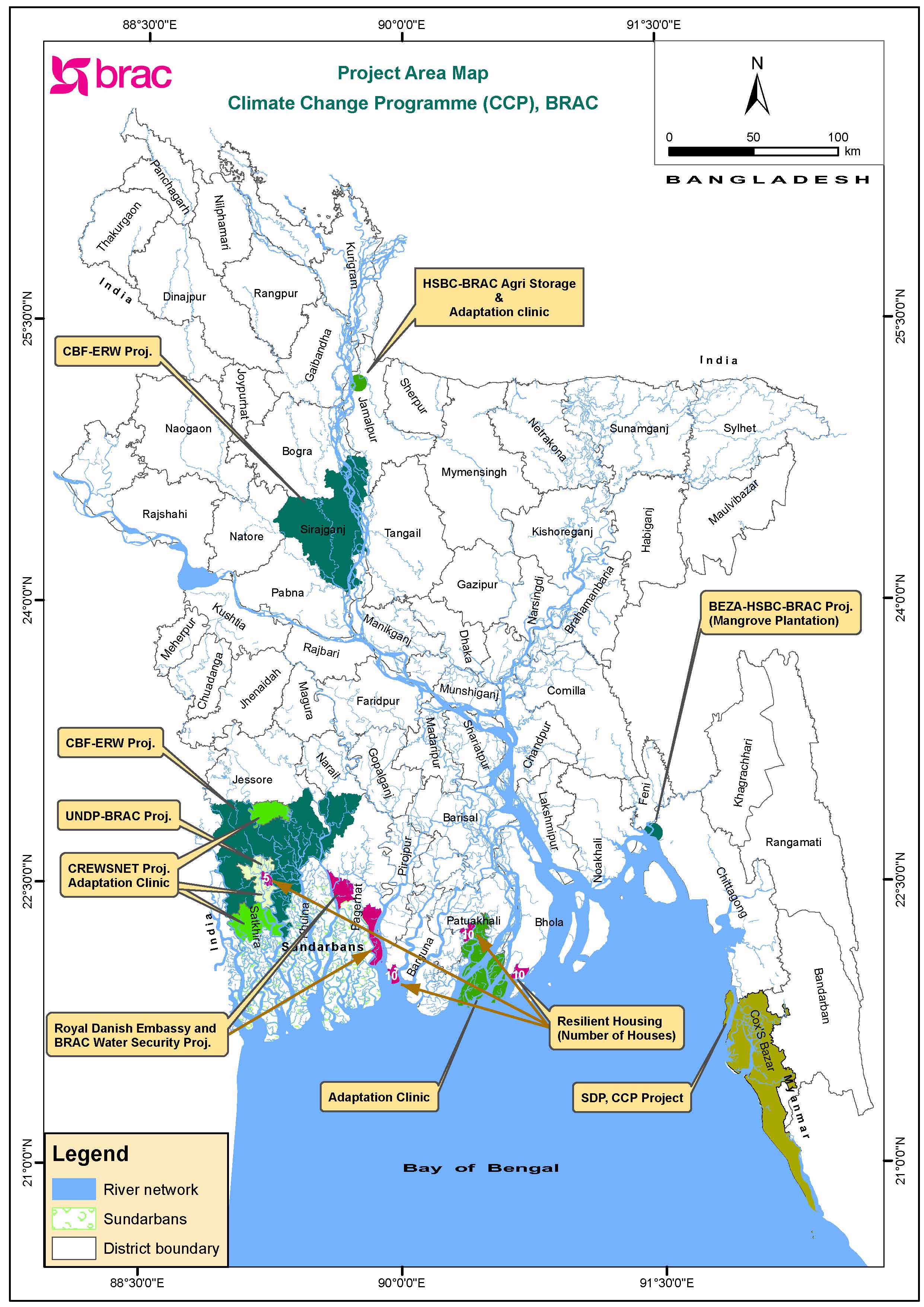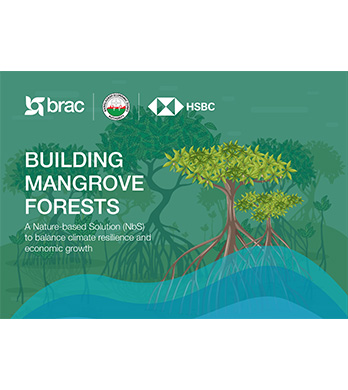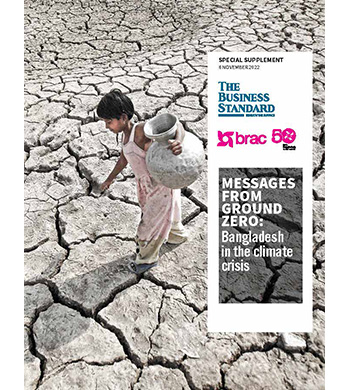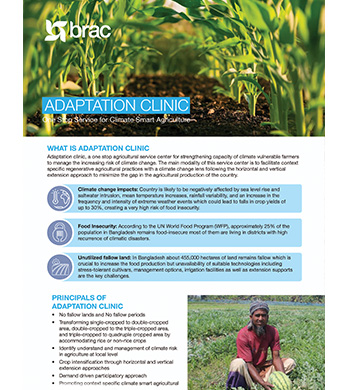Bangladesh is one of the most vulnerable countries to the impacts of climate change. As a result, the country has had decades of experience in adaptation.
People living in poverty are the worst affected by extreme weather events, such as increased heat waves and salinity, erratic floods and cyclones, and unexpected droughts. This is affecting food security, nutrition, water availability, health and livelihoods - ultimately resulting in displacement and deepening poverty.
BRAC’s integrated approach promotes adaptation and mitigation measures through nature-based solutions and locally-led adaptation to address the impacts of climate change. We work to protect resources and improve access to the tools and knowledge needed to adapt to the adverse climatic impacts and adopt sustainable practices to build resilience.
NUMBERS

181,478 people living in climate hotspots built climate resilience to tackle climate crisis impacts

88 percent of the direct participants are women
436,582 trees planted (of which many are mangroves) as adaptation and mitigation measures
STORIES
VIDEOS
WHAT WE DO
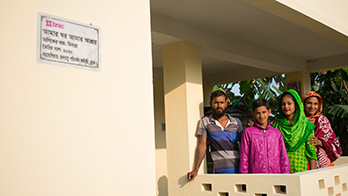
Climate-resilient interventions
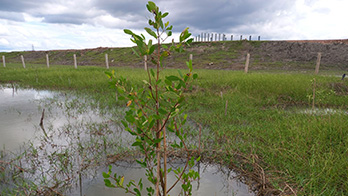
Nature-based solutions
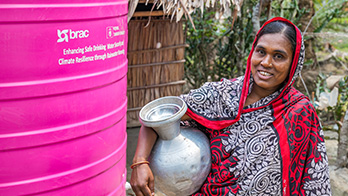
Water security
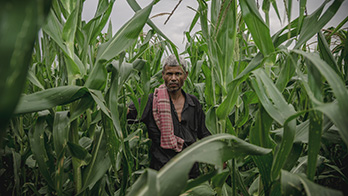
Green Climate Fund
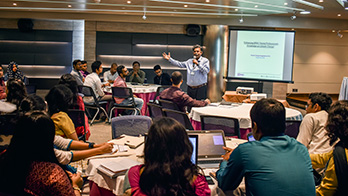
Mainstreaming climate change adaptation
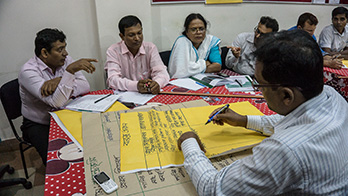
Action research and capacity building

Knowledge management and networking
WHERE WE WORK
HOW WE DO IT

Context specific climate resilience interventions
Creating water facilities in water-scarce area, promoting climate-resilient livelihood and introducing climate-resilient low-cost housing to help people build their climate resilience.

Addressing emissions with nature based solutions
Replacing traditional fossil fuel-intensive technology with cleaner technologies, reforesting to sequester carbon and inducing behavioural changes in energy consumption patterns as well as project implementation.

Analyse problem and solution
Adapting and mitigating the climate change impacts and also choosing effective technologies for sustainable development.
WHY IT WORKS
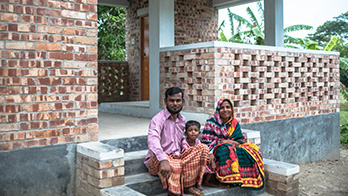
Environment-centric policies
Approaches are implemented at district, community and household levels to keep the environment at the centre of all of our work.
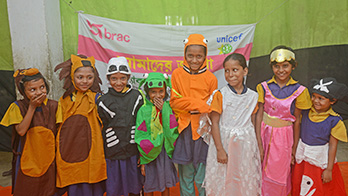
Prioritising resilience and sustainability
Ensures integration of climate change resilience into every stage of programmatic activities and interventions.
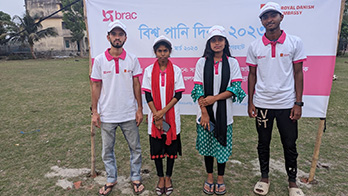
Youth Engagement
Mobilise youth and engage them in the activities, raising awareness of climate change and the importance of building resilience

Women’s engagement
Promotes women’s participation in mitigation and adaptation efforts, thus enhancing their ability to respond to extreme climatic events.

Climate vulnerability-specific approach
Identifies approaches to minimising, adapting and responding to localised climate risks and vulnerabilities.



